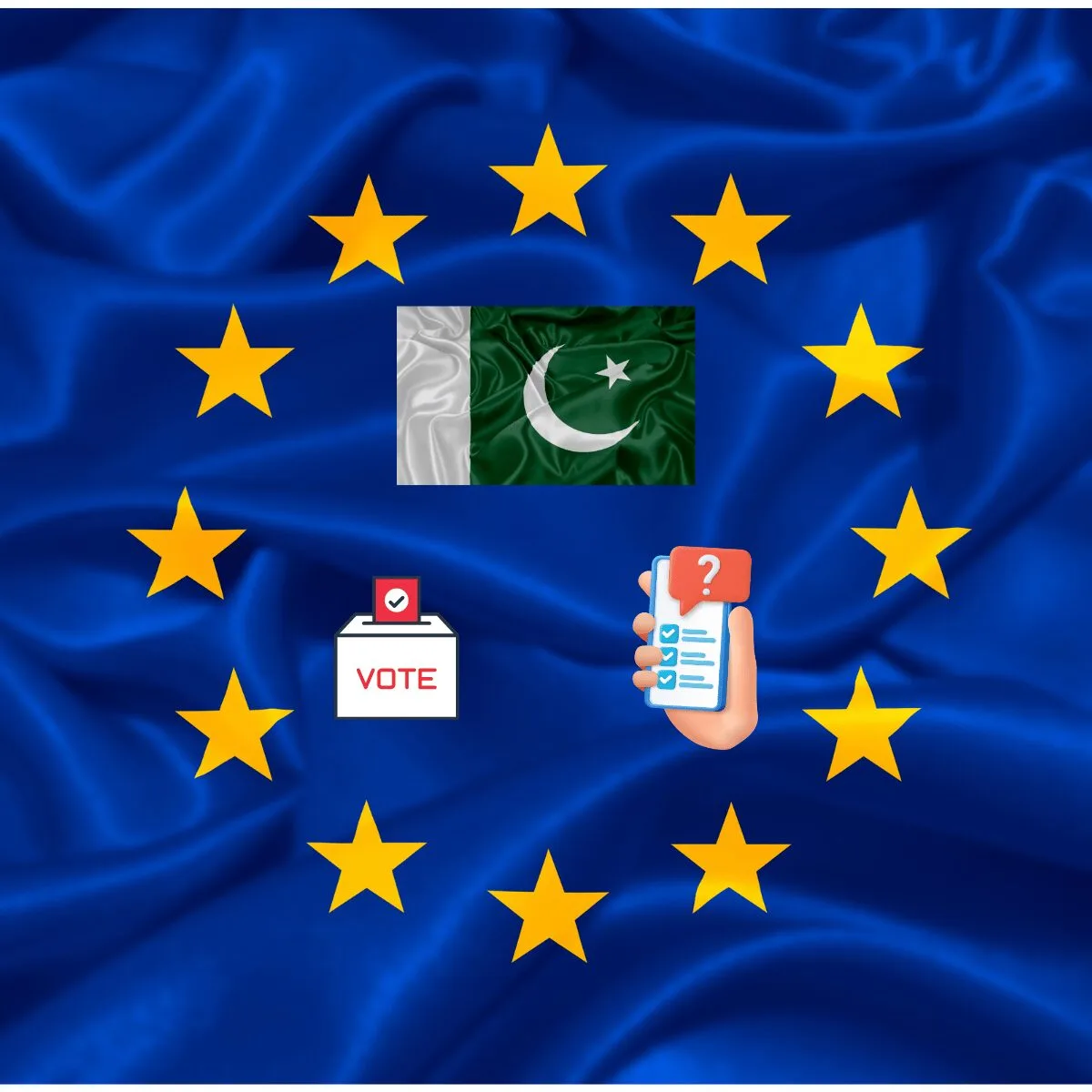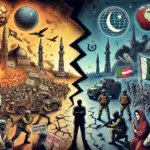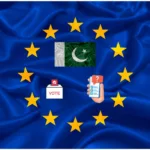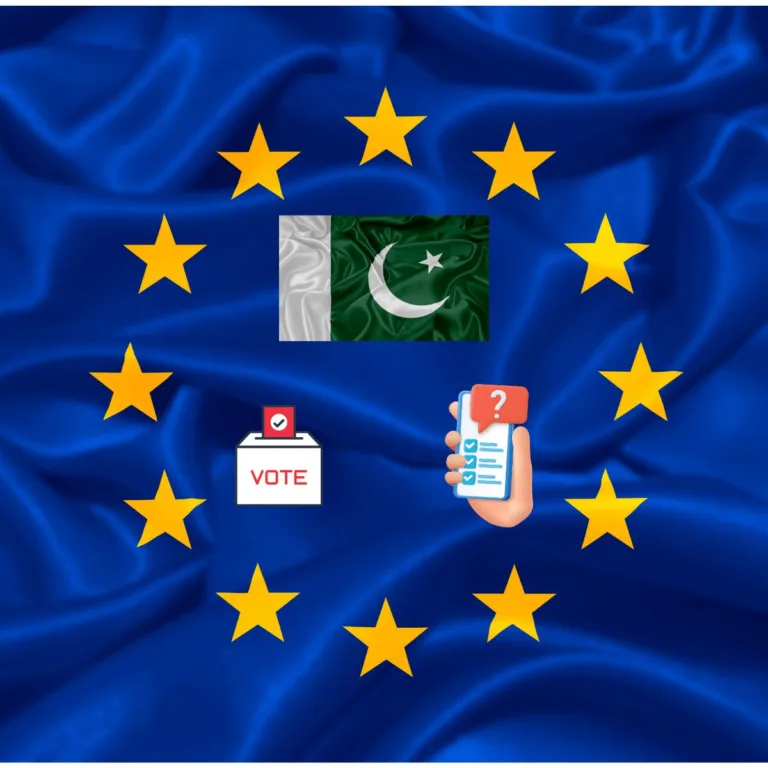The European External Action (EEAS), EU’s diplomatic services, will not make public the Election Expert Mission report on Pakistan, which is one of its assessments of the General Elections 2024, without the approval of the Government of Pakistan as it will undermine it’s relations with the country. In a letter shared with this scribe the EEAS further notes that even a partial disclosure of the report will be negatively perceived by the Government and undermine EU’s international relations.
Complete details of the letter are shared below:
Usually, the task of election monitoring for the general public by the EEAS is undertaken by its observers at the request of a non-EU country. One public outcome of this exercise is the EU Election Observation Mission Report. On its website the EEAS has made accessible Observer Mission reports from general elections in Pakistan up till 2002, which is widely understood as a period of martial law.
This election cycle however the observers may not have been invited by the Government. The EU Ambassador to Pakistan, Riina Kionka, in a related query from a journalist in September on X, responded that there was “not enough advance time to send a full blown observation mission”.
We are waiting for a response from @ECP_Pakistan on our offer to send an election expert mission, not enough advance time to send a full blown observation mission.
— Riina Kionka (@RKionka) September 22, 2023
The EU had instead called upon the “relevant authorities to ensure a timely and full investigation of all reported election irregularities and to implement the recommendations of the upcoming EU Election Expert Mission report.” What those recommendations are seem to be classified.
While it is understandable that the EU maintains good ties with the Pakistani Establishment, should that impinge upon the very real concerns of the Pakistani public, regarding who represents them? Surely, promoting fair representation should be a basic goal of EEAS.
Irregularities regarding general elections 2024 in Pakistan have also been extensively reported by the local and international press. The Government of Pakistan can take the public into confidence by permitting the release of the expert recommendations.
Some Pakistan observers have dismissed irregularities as business-as-usual for a state struggling with economic and other social issues. However, mounting evidence suggests that the scale of these irregularities, including the clampdown on the Tehreek-e-Insaf party, are serious and damaging to Pakistan’s democracy, good governance and the state of human rights.
PILDAT, arguably Pakistan’s premiere think-tank for the promotion of democracy, recently reported that the quality of the last elections is the poorest since the state’s renewed transition to democracy in 2008.
Also see: Making Sense of the Imran Khan ‘Narrative’ in the Information Age












One Response
It’s disappointing to hear that the EU won’t release its expert assessment of the General Elections 2024. Transparency is the lifeblood of a credible electoral process. By keeping this information under wraps, it raises red flags about accountability and erodes the public’s trust in both the election and international observation.
It’s clear as day that international players were pulling the strings to sideline the great Imran Khan from the government. If the EU does not want to release the report, it speaks volumes:
1. The elections were blatantly rigged.
2. No government should allow these jokers to play a role in any country’s election as observers again; what’s the point of their observation if the report is kept under lock and key?